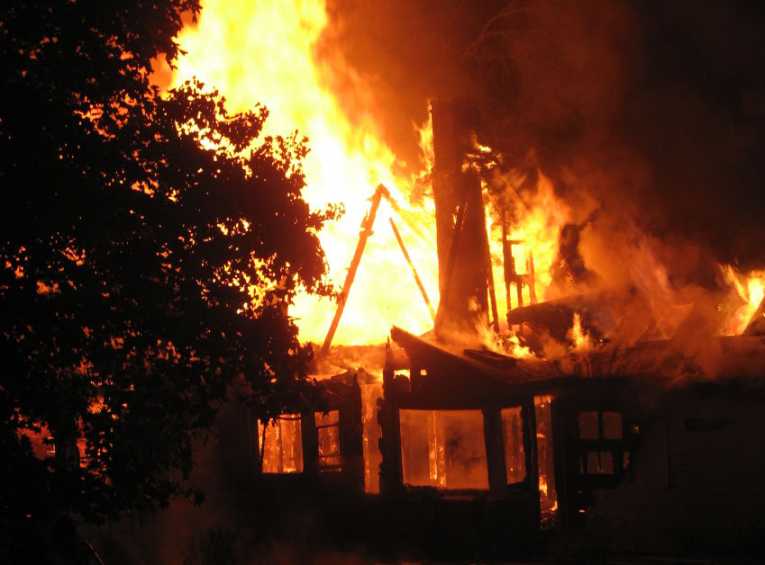December 2010 will be remembered in Israel as the month of the disastrous fire that swept through the beautiful Carmel Mountains near Haifa. As fire raged through the area, a national disaster was declared and there was an international call for assistance.
This mountain range rises to 546 metres above sea level and a combination of a high annual rainfall of some 800 mm per year, a mountainous landscape and little human pressure have resulted in rich, diverse vegetation that included Israel's largest natural pine forest.
In spite of help from a number of countries including Greece, Cyprus, Turkey, Bulgaria, Russia and the UK, 42 lives were lost and some 5,000,000 trees were destroyed, 80% of which were natural indigenous woodlands.
This was Israel's the worst ever forest fire that spanned a total of 5,000 hectares. In addition to the loss of life and destruction of trees, 250 houses were lost and damage was put at more than 55 million euros. Intense debates have taken place on who was responsible, but Dr Guy Pe'er, one of the authors of Israel's first report to the UN on climate change sees the fire as an inevitable example of climate change effect.
Ten years ago Dr Pe'er and other Israeli scientists collated knowledge about predicted effects of climate change for Israel. Their warning was that by 2000 expected climate fluctuations, heat events, decreased rainfall and delayed winter rainfall would all combine to increase the risk of intense forest fires.
This fire occurred in the midst of a heat wave with temperatures around 30ºC, when the average temperature for December should have been 15-20ºC. This had been preceded by eight months of drought and the first rains should have come in September or October.
According to 'Israel's National Report on Climate Change' prepared by Pe'er and other members of Ben-Gurion University of the Negev on behalf of the Israeli Ministry for Environmental Protection, the prolongation of droughts, increase in water evaporation, the continuing frequency of intense heat waves would combine to increase the frequency, intensity and extent of forest fires.
It is conservatively estimated that by 2100 temperatures will have risen by about 1.5ºC. This would lead to a northward expansion of the desert of about 300 to 500 kilometres, which in turn would cause the Mediterranean ecosystems such as the one occurring in the Carmel Mountains to completely disappear from Israel.
Dr Pe'er began to study fires on the Carmel Mountains in 1989 during which three fires destroyed large areas and managed to penetrate the outskirts of his native city, Haifa. He discovered that fires are something natural and nature can recover if everything is left alone. December's fire was something different, being ten times larger than the largest fire of 1989.
Rather than put the blame on a single group Dr Pe'er blames society in general.
"We consume more than we need and more than the Earth can sustain," he writes, "and by doing that we are bringing about climate change and risking our own future."
Dr Pe'er firmly believes that the Israelis have caught a glimpse of things to come.










